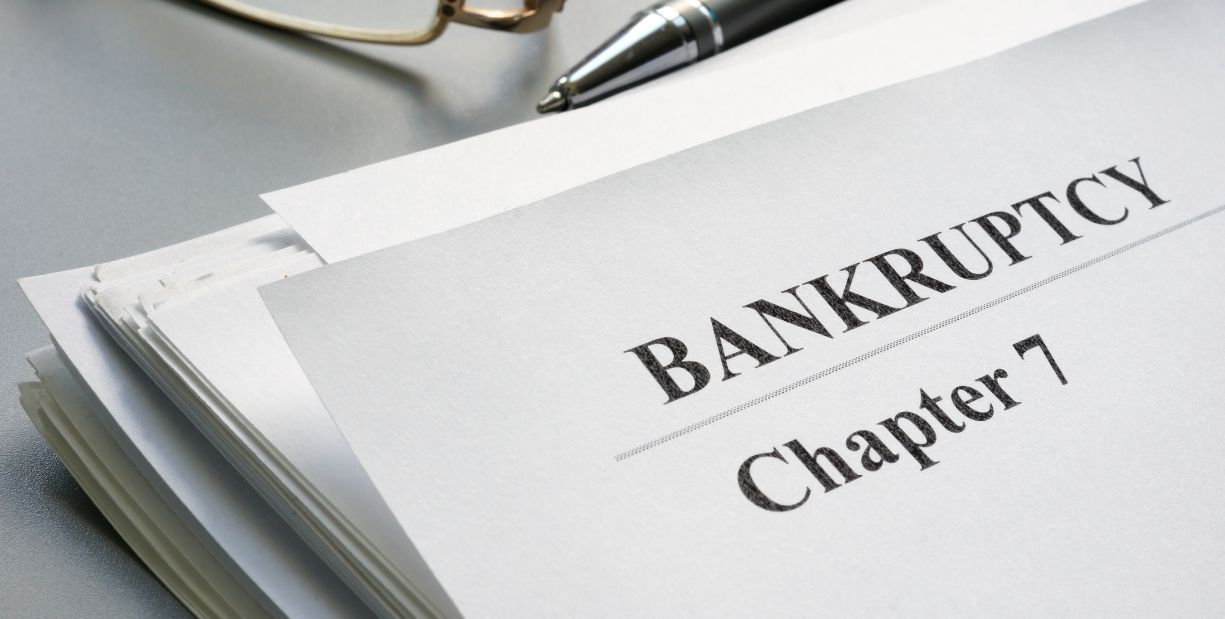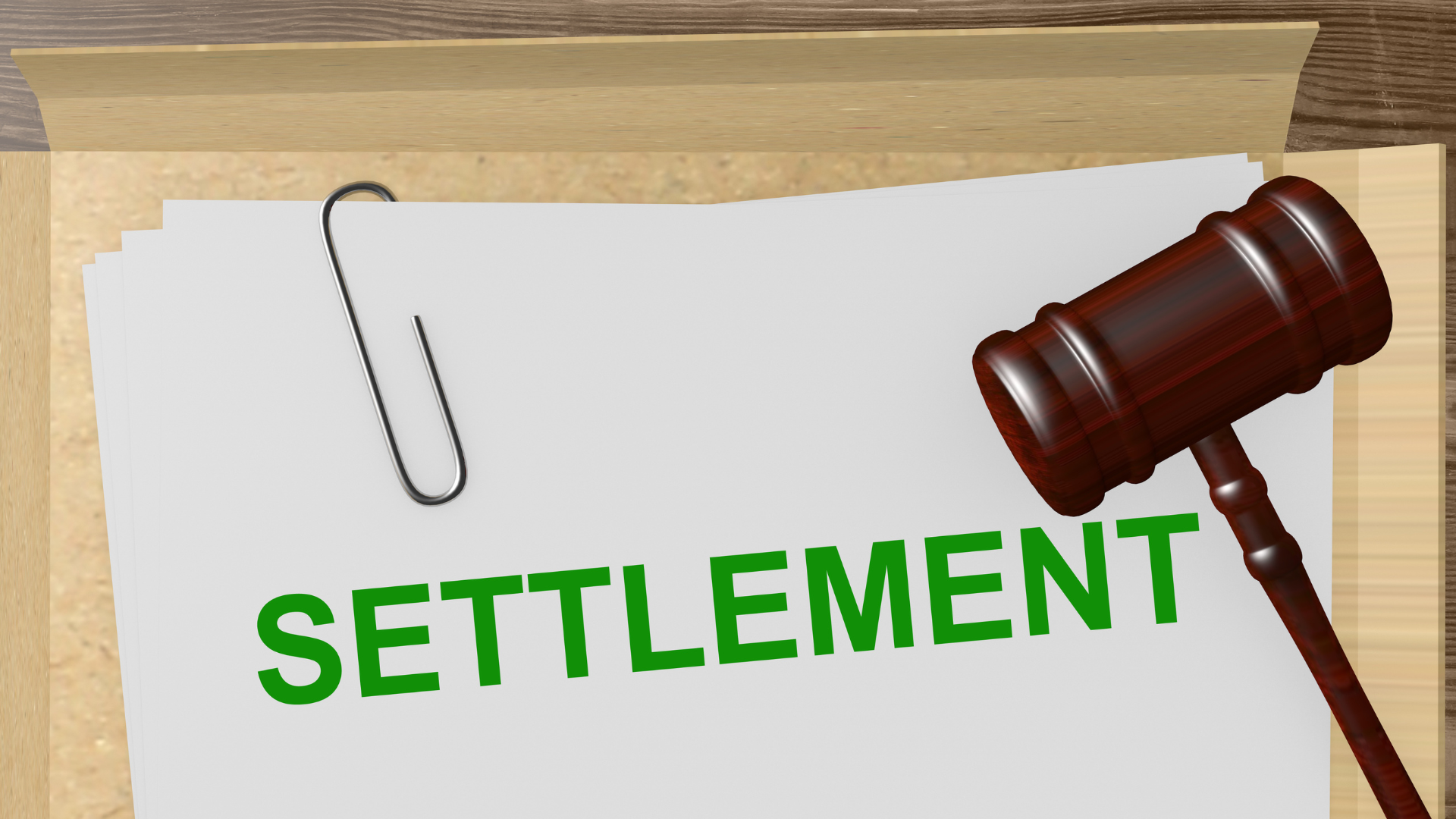What Are the Consequences of Defaulting on a Merchant Cash Advance?
What Happens If You Default on a Merchant Cash Advance?

Understanding Merchant Cash Advances
A merchant cash advance is not a traditional loan. Instead, it's a financing agreement where a business receives a lump sum in exchange for a percentage of future sales, often repaid daily or weekly through automatic withdrawals. Key characteristics include:
- No fixed repayment term – repayments fluctuate based on sales volume
- High factor rates – effective APRs can exceed 70–150%
- No collateral – but personal guarantees or confessions of judgment are often required
Signs You’re Headed Toward MCA Default
Catching the signs early can help prevent a full-blown default. Look out for:
- You’re skipping payroll or vendor payments to make daily MCA debits
- You’ve taken out new advances to repay old ones (MCA stacking)
- Your revenue has dropped below the break-even point for repayment
- You’ve received warnings or default notices from the funder
What Happens When You Default on an MCA?
Defaulting on a merchant cash advance can trigger a range of consequences . Here's a breakdown of the most common outcomes.
1. Daily Collection Calls and Emails
Missed payments will quickly result in a barrage of communication from your funder’s collections team. These are often daily, persistent, and stress-inducing.2. Freezing of Your Business Bank Account
Many MCA agreements include ACH authorization and bank account access. If you block the funder’s withdrawals or cancel the account, they may:- Contact your bank and request a freeze
- Attempt to debit alternative accounts (if listed in the contract)
- Use aggressive tactics to resume collections
3. UCC Liens and Credit Damage
Merchant cash advance providers file a UCC-1 lien against your business assets when funding the advance. If you default, the lien becomes actionable:- It affects your ability to secure new financing
- Other lenders will view your business as high-risk
- Your business credit profile may take a hit
4. Confession of Judgment (COJ)
Some MCA contracts require the business owner to sign a confession of judgment, a legal document that waives your right to dispute a claim in court. Once you default:- The funder can immediately file the COJ in court
- A judgment is entered without a trial
- The funder can seize bank funds or levy assets
5. Lawsuits and Court Judgments
If there’s no COJ, the funder may still sue you in civil court. Legal action can result in:- Default judgments
- Garnishment of business revenue
- Seizure of assets (e.g., equipment, inventory)
6. Increased Debt Load and Stacking
To stay afloat, many business owners take out additional MCAs—known as "stacking"—which increases repayment pressure and makes default more likely. This cycle can spiral quickly.Can You Go to Jail for Defaulting on an MCA?
No, merchant cash advance default is a civil matter, not a criminal one. You cannot be jailed for failing to repay an MCA. However, if fraud is involved (e.g., providing false bank statements), criminal charges could arise.
What to Do If You’re Facing Default
1. Review the MCA Agreement
Before doing anything, read your contract carefully. Look for:- Confession of judgment clauses
- Personal guarantees
- Default triggers
- Remedies listed for non-payment
Understanding your rights and obligations is essential.
2. Negotiate with the Funders
Some MCA providers are open to modifying the payment schedule, especially if you’re upfront about cash flow problems. Ask about:- Reduced payment plans
- Temporary pauses
- Buyout options from another funder
Document all communications in writing.
3. Work with an MCA Defense Attorney
If legal action is threatened—or has already begun—it’s wise to consult an attorney experienced in merchant cash advance defense. They may be able to:- Challenge the validity of a confession of judgment
- Settle the debt for less than owed
- Stop harassing collection practices
- Buy you time through litigation or bankruptcy
4. Consider Business Debt Settlement
Debt settlement firms or legal teams can sometimes negotiate large reductions in the total amount owed. This is best done before a lawsuit is filed.5. Explore Bankruptcy as a Last Resort
In extreme cases, Chapter 11 or Chapter 7 bankruptcy may discharge or restructure MCA debt. This should be a last resort, as it has long-term implications for your business.How to Prevent MCA Default in the Future
- Avoid stacking MCAs or taking new advances to repay old ones
- Forecast your cash flow weekly to spot trouble early
- Use MCA funds wisely — avoid using them for recurring costs like rent or payroll
- Explore alternatives like SBA loans, business lines of credit, or invoice factoring
- Have a plan for MCA repayment before signing the agreement
Alternatives to Merchant Cash Advances
If you’re considering funding but want to avoid future headaches, here are some MCA alternatives:
Final Thoughts
Merchant cash advances can offer fast funding, but defaulting on one can put your business at serious risk. From bank account freezes to court judgments, the consequences are real and potentially devastating.
If you're already struggling or see trouble on the horizon, don’t wait. Talk to a qualified attorney or financial advisor about your options. The sooner you act, the more choices you’ll have to avoid the worst outcomes.
Need help dealing with MCA debt? Consult a merchant cash advance defense attorney before things escalate. The right legal support can make a world of difference.











